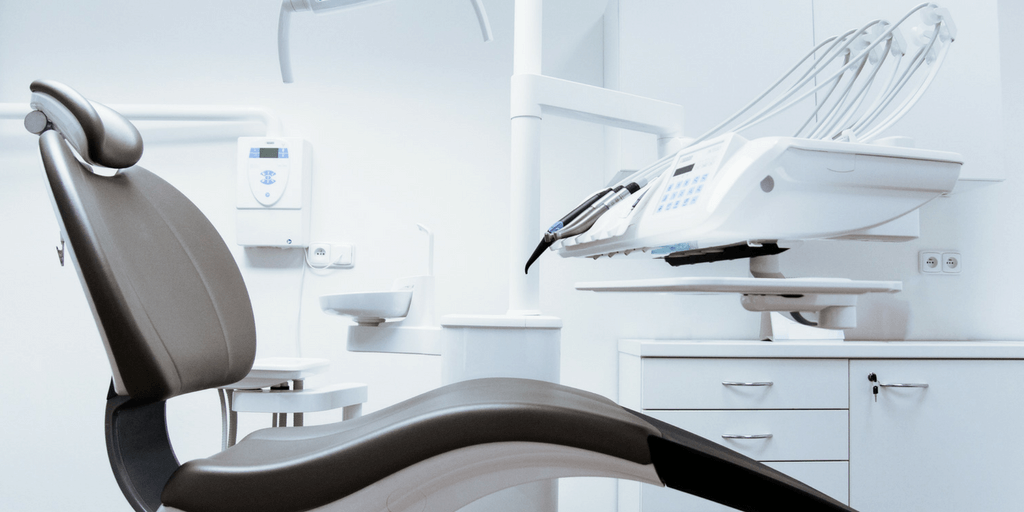We've already discussed why there is no such thing as the best times to visit a hospital. Instead of simply waiting for the best time, you can make any time work out for you.
The question is, does the same apply to the worst time to visit a hospital?
If hospitals were in a position to gather data about their patient flow, they might be able to spot some trends in patient volumes on different days and times.
It’s an extensive subject with a handful of studies, so let’s try to make sense of it all.
The July Effect: Truth or Fiction?
A frequently quoted study in the Journal of General Internal Medicine found a 10% spike in deaths in the month of July in teaching hospitals. Teaching hospitals take in new students every July, so it’s a common fear that patients expose themselves to higher risk.
Of course, the interns are meant to work under strict supervision. The question is, do all teaching hospitals have the resources to supervise each and every student?
There’s another piece of evidence that shows there might be some truth to the July effect. There is no difference in the rate of success of surgeries since interns don’t perform those.
They do hand out prescriptions, and the mistakes observed were medication errors.
Is the July effect real? Despite what we've outline above, there’s no way to tell conclusively.
It is a common enough concern for it to have its own name. However, subsequent studies have questioned the empirical validity of the July effect.
Still, better safe than sorry, right?
Weekend vs. Weekday

A study conducted by researchers at University of Michigan Ann Arbor singled out four main reasons for spikes in hospital deaths:
High hospital occupancy.
Weekend admissions.
Nurse staffing levels.
Seasonal flu.
All factors combine in different ways to present unique challenges for each hospital. For our current discussion, it’s worth noting that you are slightly better off getting treatment on a weekday rather than a weekend.
A study by the American Heart Association shows:
"Heart attack patients who arrive at the hospital during weeknights, weekends and holidays have a 13 percent increased risk of dying compared with those arriving during regular business hours."
Additionally, you’re safer being treated for emergency situations on weekdays. Less urgent situations don’t require immediate attention in any case, and thus can wait for regular staffing.
Obviously, this doesn’t mean that you should wait for a weekday to get medical attention.
Day or Night: Worst Time to Visit
There are a handful of studies that draw the same conclusions for night time visits as well.
The reasons are quite similar — hospitals tend to keep fewer and more inexperienced staff at nights. This means physicians might focus on existing patients rather than new arrivals.
The Journal of the American Medical Association looked at 87,000 cardiac patients and found that those who had heart attacks and received treatment during the week were more likely to survive than those who had a heart attack on the weekends or at night.
An older study conducted in 2007 found higher incidents of infant deaths, heart attacks and medication errors during the nighttime hours.
Again, it doesn't mean you should wait for a "better time" to visit a hospital. After all, health problems wait for no one.
Holidays and Hospital Staff

So far, the factors leading to certain times becoming the worst times to a visit a hospital are all the same. Hospitals tend to be understaffed or use inexperienced staff whenever patient flow is believed to be limited.
But in some cases, experienced staff might not be available, plain and simple. When looking at patient satisfaction at hospitals, people tend to find holidays particularly tough to bear.
You can’t be fully prepared for when you’re ill, but you can watch out for major holidays such as:
Summer vacation.
Long weekends, e.g. Labor Day.
Major holidays like Christmas, Thanksgiving, and the 4th of July.
The list goes on.
Medical staff consists of the same people as you, who want to enjoy their time off work, so take all this into account.
What Can You Do?
Like we said, illnesses aren’t something you can plan out in advance. One moment you’re fine, and the next you’re under the weather, needing the care right here, right now.
What can you do in this situation?
First of all, never wait for a better time to get medical attention. Every study mentioned looks at specific situations with lots of factors accounted for. They may or may not apply to your case.
Most importantly, the difference can never be significant enough to justify waiting.
Secondly, pay attention to the kind of care you’re receiving. Having an informed friend around could help you speak up and ensure you’re getting the right attention. Be absolutely clear about prescriptions for new medicine, and ask for clarifications whenever you can’t understand something.
In short, health is something you should treat seriously at all times.
Hospital Queue Management — A New Way Out?

How do we know which are the worst times to visit a hospital? They usually involve situations where hospitals are understaffed. This could be either due to off-business hours or excessive patient flow.
Administrative mismanagement is still a massive contributor to the lack of patient satisfaction at hospitals. Though inexcusable, these lapses do happen — often it’s neither the hospital's nor the staff’s fault.
With an effective queuing system in place, crunch times can be dealt with much better. Imagine escaping the additional hassle of waiting to have your sign-in sheet processed.
Otherwise, with an already overflowing queue, you’re looking at doubling or tripling every patient’s wait time.
With self-registration kiosks replacing ineffective sign-in sheets, your staff will stop feel overburdened, and your patients will feel self-reliant. Numbered tokens are replaced by first names, giving a much more pleasant and welcoming feeling to your patients.
Finally, the ability to gather historical data allows your hospital to fully prepare for crunch times and days. This saves both your employees and your patients a lot of frustration.
Queuing systems are designed to make even the worst queues organized. Take the guessing game out of learning the worst times at your hospital.
Invest in a queue management system for hospitals today, and your patients will never have to ask you, "What are the worst times to visit your hospital?"






